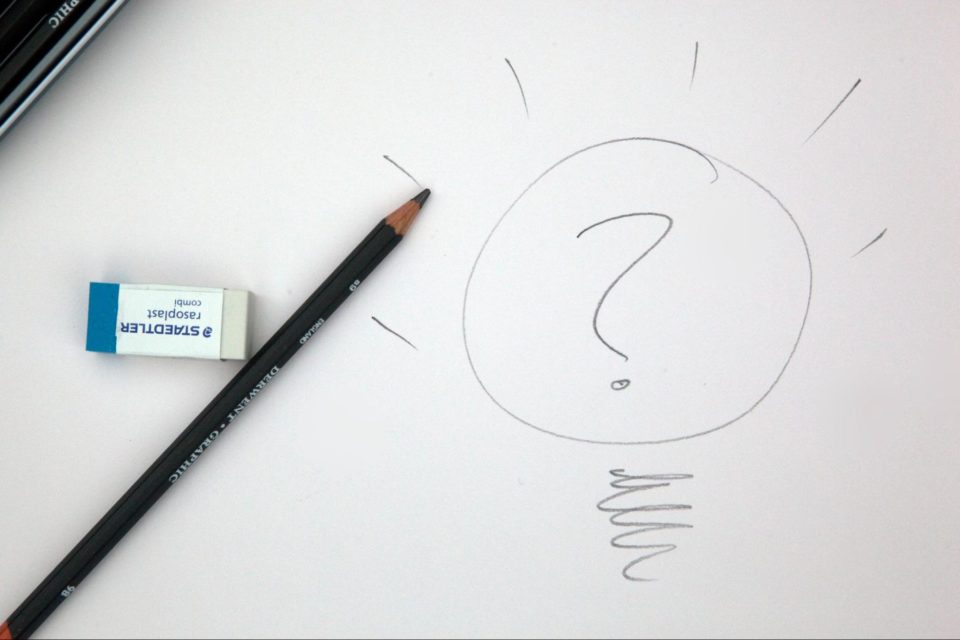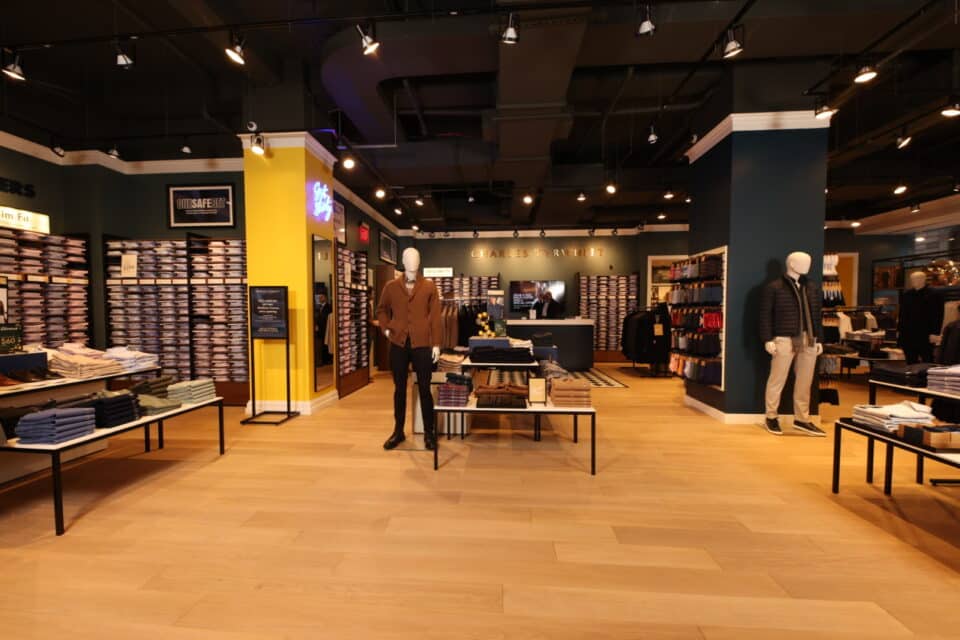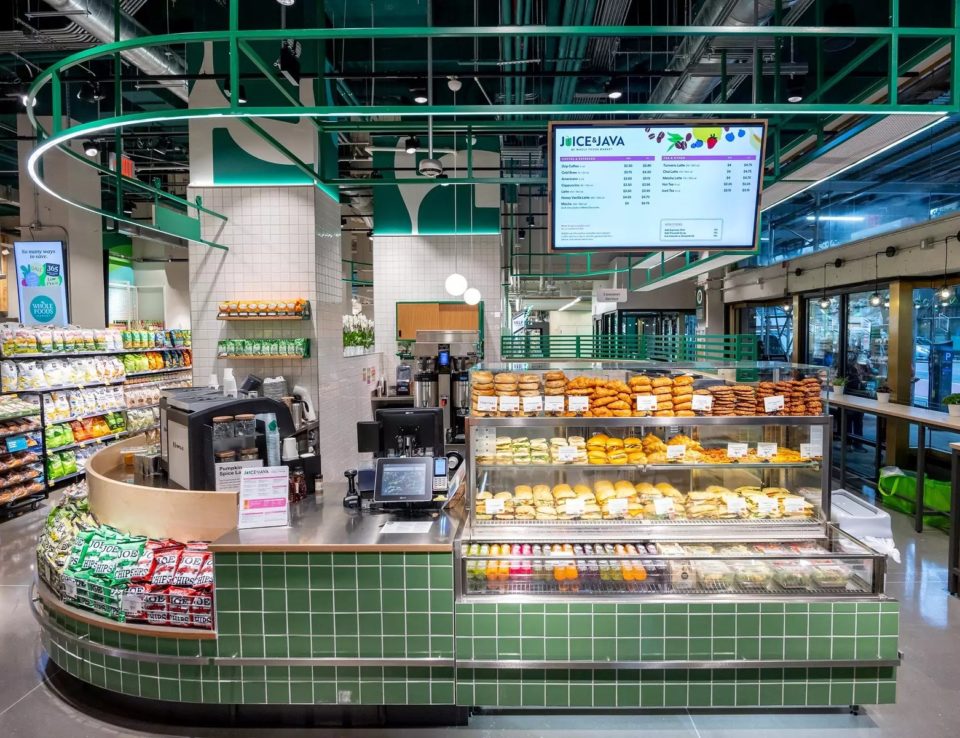The Growing Role of IoT in the Delivery Industry
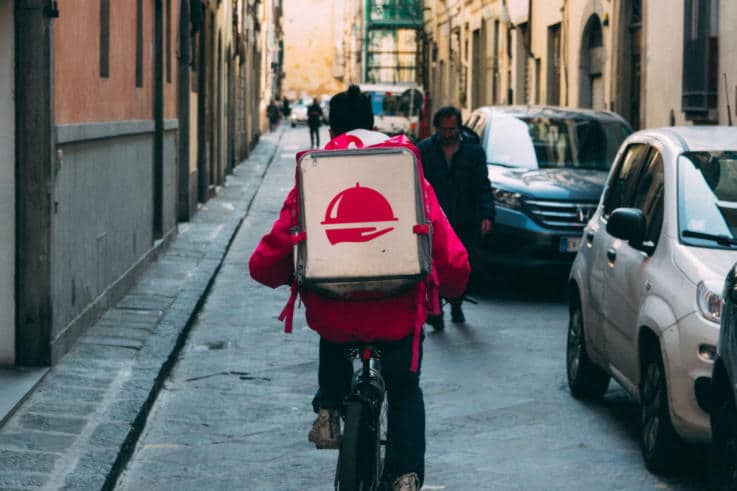
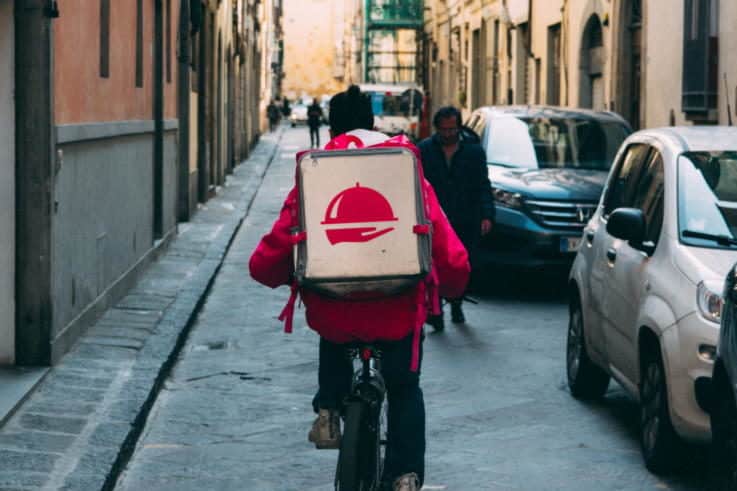
Internet of Things is a buzzword that has managed to seamlessly integrate itself in today’s business market. But what exactly is it? And what does it mean for the delivery industry? Inbal Axelrod of MyRouteOnline explores in this special guest post:
The Internet of Things (IoT) refers to the concept of connecting different devices and transferring data through wireless applications, without face-to-face human interactions.
With today’s ever-growing customer demands for speedy and personalised service, it’s no wonder IoT is growing rapidly – especially in the delivery and logistics industry. As IoT becomes more widely accepted, more and more devices are created with sensors that can be monitored, thereby opening up countless possibilities for those that choose to board this growing trend.
With these technologies beginning to carve a role in the delivery market, it’s interesting to keep an eye on how the industry ecosystem evolves and the type of impact it has on operations and systems.
So what is the impact of IoT on the delivery industry so far?
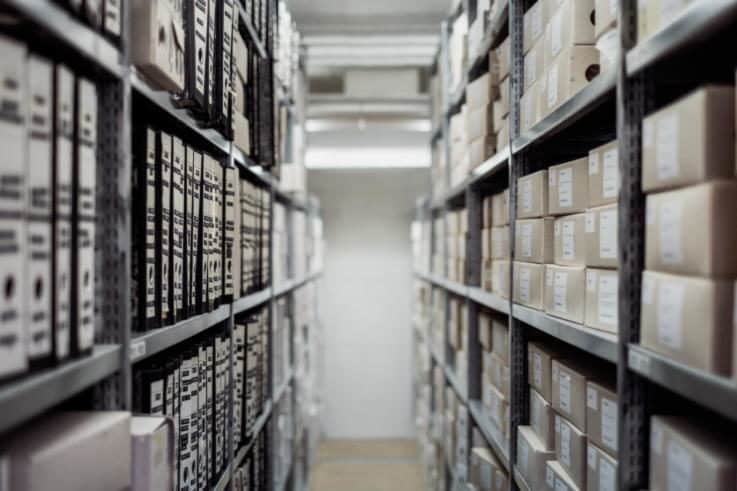
Increases Operational Visibility
In the logistics industry, operational visibility is crucial for creating more efficient and faster actions. And luckily, visibility is one of the main advantages that IoT brings to the table. Logistics managers can obtain valuable insights into their operations and make accurate data-driven decisions.
Having a well-integrated IoT system in place can provide fleet managers with detailed data and a deeper understanding of information such as real-time alerts, on-time deliveries, and more. This information provides managers with the ability to greatly reduce any unnecessary issues that could otherwise arise. In other words, an IoT system enables data-driven decisions to take place and eliminates unexpected, or unknown, problems, all the while reducing extra costs throughout the supply chain.
More so, in terms of warehouse operations, IoT technology such as sensors and bar code readers, streamline operations allowing for visibility of inventory and easy tracking of products. In essence, managers can easily and clearly understand what products they have in stock and make snap decisions accordingly.
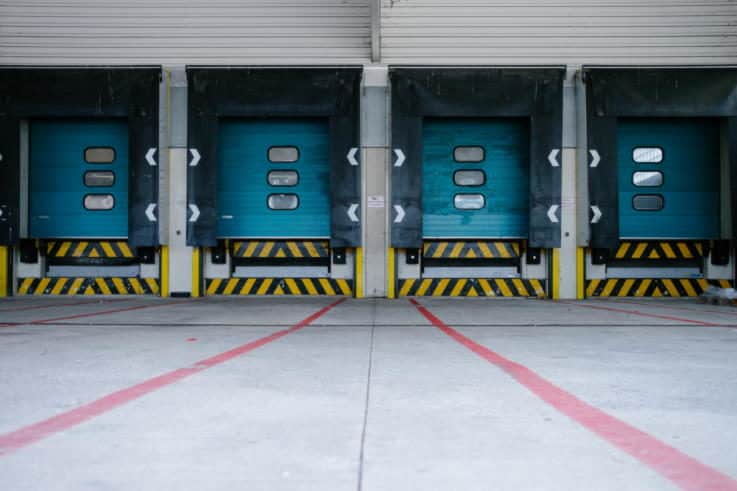
Route Optimisation
Of course, as explained above, visibility is crucial for any company wishing to thrive, but it’s not the only factor they must account for. As they can also face another downfall if they have unorganised and inefficient routes.
These types of routes increase road time, fuel use, carbon footprints, and other resources – therefore, they greatly impact a company’s bottom line and the environment.
However, IoT technology is combating all of this by strategically utilising company resources to reach all planned destinations efficiently and open communication between drivers and fleet managers. This not only will improve real-time analytics, but also help achieve a more efficient system of operations and maintain customer satisfaction.
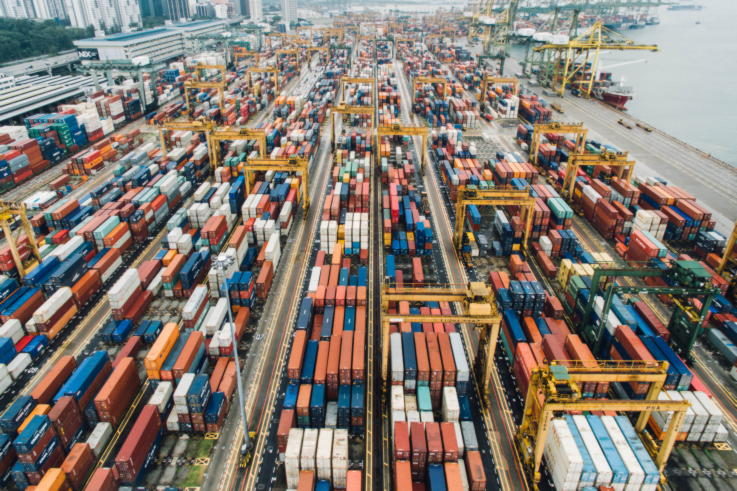
Improves Real-Time Tracking
All fleet managers understand the stress of having multitudes of fleets to manage, and how easily problems can fester and slip through the cracks. However, with real-time tracking through IoT solutions, managers can become aware of driver locations, mileage, and any unexpected problems on the road.
This data provides managers with the power to drive intelligent and accurate decision making, all the while improving customer service by keeping customers informed with updated delivery statuses.

Efficient Last-Mile Delivery
Due to the growth in deliveries and customer demand more complex challenges have been created for fleet managers to tackle. Most of these challenges arise in last mile delivery due to the high dependency on external factors such as traffic or weather conditions, driver behaviour, fuel, and so on.
This makes this stage of delivery the least efficient and creates the need for companies to rethink their operations and processes to ensure a more streamlined journey.
Finding a cost-effective solution that not only satisfies customer demand but also solves unexpected problems is a priority for any delivery company. IoT technology enables logistics providers to bridge the gap between customer, company, and driver communication to seamlessly piece together the last mile stage and ensure success.
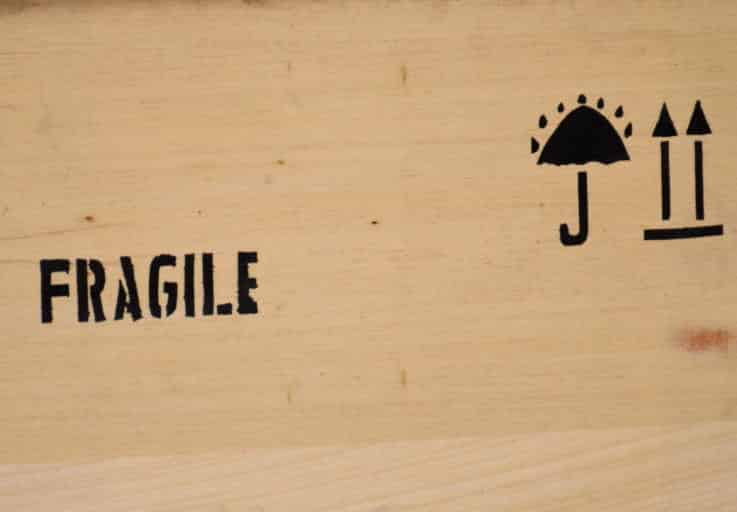
Conclusion
The delivery industry is seeing a lot of change with the introduction of more and more IoT systems. From improving operation visibility to improving last mile execution, it’s clear the delivery ecosystem is only to evolve. As the industry continues to grow, and technologies continue to advance, it will be interesting to see how IoT driven decision-making will continue to play a role in the industry and how further evolutions will open more doors for every aspect of the supply chain field.
Written by Inbal Axelrod, co-founder and CMO at MyRouteOnline, a multiple stop route planner that helps make our world greener. Individuals visiting multiple locations can plan their routes online, optimise their route, and spend less fuel and time on the road. This means fewer greenhouse gas emissions, a reduced carbon footprint, and better air quality. Inbal can be reached at inbal[at]myrouteonline.com

